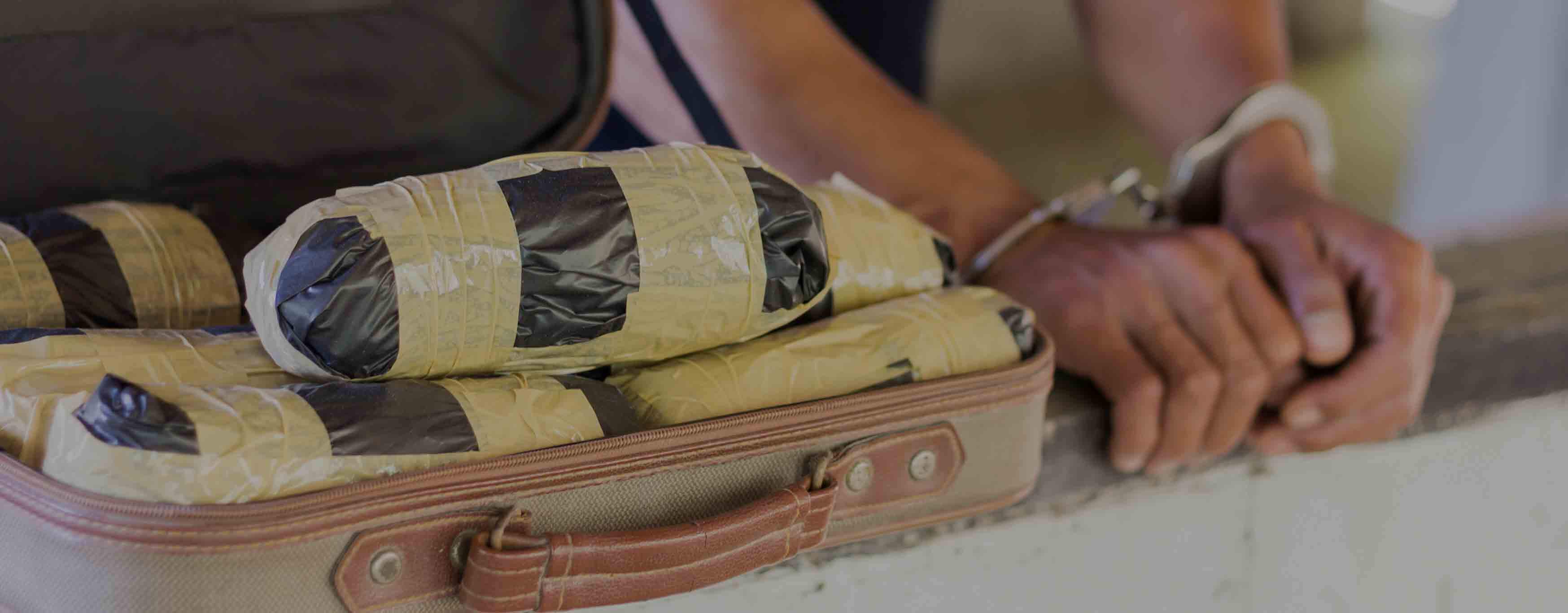
Drugs have the power to ruin lives, to destroy families, and to decimate international relations. From the micro to the macro, the global substance trade is a toxic circulation that sweeps unsuspecting participants into its web every day. In an effort to shed light on the darkness of this international cancer, the United Nations has declared June 26th to be the International Day Against Drug Abuse and Illicit Trafficking.
While these monumental forces are affecting us all either directly or indirectly, they are disproportionately harming women and girls. It’s important to understand these tragic trends if we are expected to confront them and remedy the situation in a meaningful way.
INCARCERATION RATES BY GENDER
Over the last 15 years, the worldwide prison population has grown by approximately 20%. That’s an astonishing number… until you consider the fact that the female prison population has escalated by 50% in the same timeframe.
The underlying factor beneath these statistics is the global drug trade. In the United States alone, 59% of the federal female prison population is incarcerated due to drug-related charges. Compare that number to just 49% of male prisoners and you’re starting to see the gender inequalities affecting women in the drug trade.
But this isn’t just an American phenomenon. In Argentina, 60% of female incarceration cases are also attributed to drug offenses. That number rises to 68% when you cross the continent to Chile, as compared to only 26% or the country’s male prison population.
Imprisonment is a devastating reality for millions of women around the globe, but there are other ramifications of the international drug trade that is even more deadly.
VIOLENCE AND VICTIMIZATION

Substance use drives good people to their worst places. Desperation, desolation, and deterioration set in. Addiction prompts people to commit crimes and resort to violence, and drug dealers feed on this chaos, catering to the darkest elements of human nature. They trade in misery, and they will eradicate anyone who gets in their way.
Due to the drug trade in Honduras, women and girls are being murdered at an alarming rate. The death toll among females has increased by 93% in less than a decade. These numbers are a blight on our soul; we must do better as a people.
STIGMATIZATION AND SILENCE
Statistics show that men engage in substance use at rates that are two to three times higher than women. However, one European survey showed that the gender gap for people in treatment was four-to-one, male to female. This disparity indicates that women struggling with addiction may suffer in silence more often than their male counterparts. Social stigmas often force women into the shadows, where it’s more prevalent to descend into the depths of destructive behavior. Thus, addiction becomes a downward cycle, making women more and more dependent on their substance of choice and increasingly vulnerable financially, physically, and emotionally.
DRUG/HUMAN TRAFFICKING
When women find themselves in the throes of drug use and trafficking, it sometimes descends into a life of prostitution. If they become indebted to their dealer, they may be forced to repay him with their bodies. These dealers are already in the business of selling illegal substances and distributing them surreptitiously, so they may already be involved in human trafficking as well.
The statistical link between prostitution and addiction is profound. One study indicates that 55% of the female sex workers interviewed said they had addiction issues prior to entering into prostitution, while another 30% developed substance use issues after this occurrence.
The awful truth of the matter is that a woman’s foray into prostitution is often not her choice. Drug cartels have little to no regard for human life, so forcing people into degrading or dangerous situations are all part of their agenda. Women may be “initiated” into gangs through a violent sexual encounter, at which point they are being inducted into a life they never wanted. An estimated 60% of migrant Mexican females who are embroiled in the world of drug trafficking have endured rape or sexual assault.
STOP THE CYCLE
While the above facts and figures are harrowing, to say the least, there are many ways that we as a society can help. First, be aware of the signs that a woman or girl may be stuck in a trafficking scenario:
—She has visible bruises or scars
—She is unable to discuss her work or living situation
—Her documentation/identification is unavailable (or possibly being held by her trafficker)
—She is alienated from her family or uncomfortable discussing her background
After identification comes action. The theme for 2018’s International Day Against Drug Abuse and Illicit Trafficking is Listen First, and it means that we want to hear the stories of women and girls around the world. By acknowledging their struggle, we could work together to end the cycle of addiction and abuse. Raise your voices, raise your spirits, and raise your awareness.




